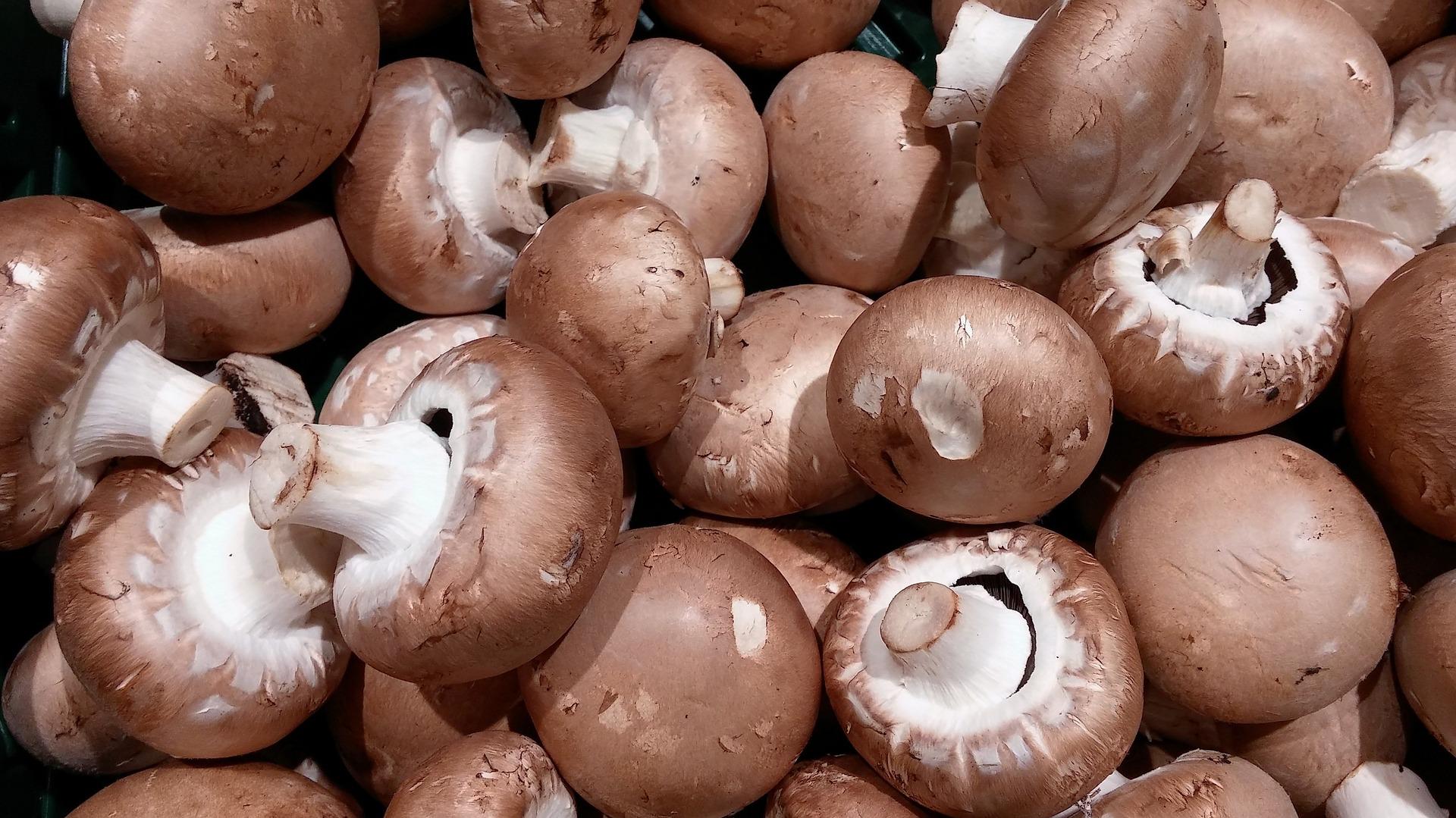Mushrooms, an ancient delicacy, were traditionally picked from the wild, and farmers did not grow them commercially. Today, mushroom farming is a popular job source of income for many young people around the world.
Armed with skills and knowledge, 24-year-old, Catherine Wanjiku, prepares mushroom farms, plants them, harvests and packs them for sale. She also educates farmers on the techniques of growing mushrooms. This, however, did not come easy for her. She says she developed an interest in mushroom farming while pursuing her degree in Horticulture at Jomo Kenyatta University of Agriculture and Technology (JKUAT).
“At campus, I used to pass by the mushroom centre to get a glimpse of how mushrooms are grown. As a result, I developed an interest, and I did a lot of online research to equip myself better,” Catherine says.
After completing her studies at JKUAT, Catherine secured formal employment to start her career. While working, she enrolled on a short course at Miramar International College at Kikuyu, where Mushroom farming was taught. The course spiked her interest in mushroom farming. She later quit employment to venture into agriculture, and she has never looked back.
“It has been a tough and exciting farming journey. Every day for me is a learning process to perfect my craft, so I can produce more volumes,” says the soft-spoken Catherine.
With savings from her previous employment, she started her button mushroom business in a 5 by 8 feet structure which she has since upgraded to an 8 by 10 feet. Today, she proudly operates her farm, Seta Farm, located in Mutuini village, Murang’a County. Every month, she harvests approximately 800 kgs of button mushroom from her farm.
“I have two mushroom growing houses, and I produce about 800kilograms per month that I sell mainly in Nairobi. So I can assure you the demand is high,” she says.
The enterprising farmer says she chose button mushroom production because it has the highest demand, with Kenya importing up to 80,000 tonnes to satisfy its tourist industry. However, she is keen to point out that the button mushroom variety is complicated to grow and thus makes farmers shun away. With the know-how, however, this variety pays handsomely as the market is not flooded and offers competitive prices.
“Before venturing into button farming, I did a market survey and discovered that the button variety has high returns and very few farmers in the country are cultivating it. So I saw this as a great opportunity,” she says.
According to the National Farmers Information Service (NAFIS), Kenya produces 500 tonnes of mushrooms per year, of which 476 tons are button mushrooms against an annual demand of 1200 tonnes. This means there is a high demand for the crop. A kilogram of mushroom is priced at between Sh400 and Sh600.
Mushroom farming in Kenya has gained popularity as a more health-conscious generation embraces consuming this diet. Mushroom delicacy is rich in proteins, fibre, potassium, vitamin C, Selenium and many more that helps in boosting the body’s immune system.
Besides growing Mushrooms, Catherine trains self-help groups and farmers at a fee. Gekeno Women Group is one of the groups she teaches mushroom cultivation.
Catherine advises mushroom farmers to construct a grass-thatched mud house for growing their mushrooms. An 8 by 10 feet structure is good enough. The house should be rodent-proof to keep off rats and initially dark before introducing some light later. For mushrooms that require humid conditions to thrive, farmers need to sprinkle water in the room daily.
“In growing mushrooms, first a farmer needs to have the substrates of composting which I call hay; this is the wheat straw or any other substrate that is made up of agricultural waste. Almost anything that is cultivated on land is a potential substrate for mushroom cultivation. You can use wheat straw, rice, banana and coconut waste, maize cobs, sawdust and even water hyacinth. Anything from the legume family, such as bean waste, is also great because of the nitrogen content,” Catherine explains.
In future, through the AgriBiz programme, the prosperous farmer hopes to expand her farm and increase her button mushroom production. She is also thinking of venturing into other types of mushrooms like oyster and shiitake mushrooms.





